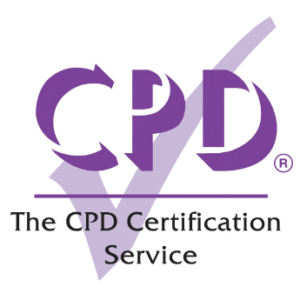Leveraging our expertise in safeguarding and supporting children and families, we have prepared a one-day programme that delves into the causes of parental conflict. Our initiative lets you acquire valuable knowledge, skills, and techniques to support families effectively. This trauma-informed programme appreciates the child’s voice, considers diversity, and embraces difference.
Target Audience
The course is aimed at professionals working directly with families to alleviate parental conflict. This programme is perfect for Early Help Practitioners, Social Workers, Health Visitors, Family Workers, School Safeguarding Leads, Child and Adolescent Mental Health (CAMHS) Practitioners, Youth Workers, Family Intervention Workers, Police Officers and anyone who operates under the Statutory Guidance, “Working Together to Safeguard Children”.
Learning Objectives
By participating in this in-depth programme, you will gain the ability to:
- Understand the difference between parental conflict and domestic abuse, ensuring the appropriate response based on local authority threshold criteria.
- Enhance your understanding and knowledge of the destructive parental conflict, enabling early identification of relationship distress.
- Comprehend how conflict escalates in parental relationships, and support parents with effective de-escalation strategies.
- Familiarise yourself with tools for assessing parental vulnerabilities, needs, stressors, and triggers.
- Consider diversity and difference, understanding their implications when supporting parents in conflict.
- Recognise the importance of engaging both parents in conflict resolution efforts.
- Understand the impact of parental conflict on children, and employ various tools to ensure their voice remains central to the support provided.
- Boost your confidence in crucial practice areas like empathetic questioning, effective interviewing techniques, professional curiosity, and empowering parents towards positive change.
- Learn about the cycle of change and gauge parents’ readiness to embrace it.
- Collaborate on SMART plans that support parents, focusing on shielding children from the detrimental effects of parental conflict and potential significant harm.”
Our programme aims to equip practitioners with a holistic understanding of the complexities of parental conflict, fostering a more informed, empathetic, and proactive approach to mitigating its impact. Book our course for your team, either online or face to face, to enhance their capacity to transform the lives of families you work with.







